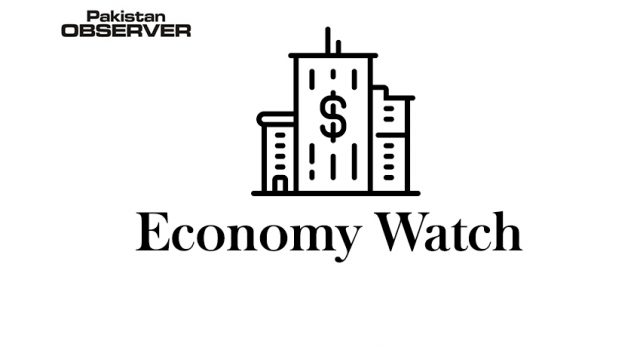FinTech: The future of Banking
FinTech, an amalgam of Finance and Technology, has redefined the horizons of the banking industry.
FinTech encompasses software, mobile applications, and other technologies created to improve and automate traditional forms of operating business involving financial transactions for both businesses and consumers.
Fintech companies are quite literally revolutionizing the financial services industry throughout the world.
By tackling innovation head on, Fintechs are allowing the financialindustry to better serve their customers by making feasible- quality services at low costs.
Reshaping the banking industry, this technological revolution includes everything from simple digital mobile applications to complex block chain networks housing encrypted transactions.
FinTech has taken over the global banking industry including the digitalization of various back-end processes and consumer-facing financial solutions.
This holds true for both the developed and developing world. According to research, between the years 2021 to 2022, the number of Fintech start-ups in Africa has tripled to around 5,200 companies.
African FinTechs have already made significant inroads into the financial market, with estimated revenues of around US$ 4 billion to US$ 6 billion in the year 2020.
The adoption of various key technologies has become a precursor for the development and sustainable development of a country’s banking industry.
Pakistan’s banking industry also requires proactive adoption of various emerging financial technologies strategically in every aspect of a bank’s functioning.
Technologies like Hand held devices, Artificial Intelligence, Block chain, Cloud Computing, Internet-of-Things (IoT) and Hyper Automation are revolutionizing the global banking industry and can lead Pakistan towards the development of a carbon-neutral banking sector.
Technology advances give businesses, governments, and social-sector institutions more possibilities to enhance productivity, invent, improve, and reinvent offerings, and contribute to humanity’s sustainable development.
The development of a country’s green economic system is intricately linked with the adoption of FinTech.
It is estimated that Artificial Intelligence can generate up to US$ 1 trillion additional value for the global banking industry annually using available financial data processed in machine learning.
Customer and its financial data is the key to treasure in the modern era using which an individual or business can be evaluated for target based offering of customized variety of products.
Blockchain technology will play an important role in the adoption of various FinTechs including digital wallets, digital assets, decentralized finance (DeFi), and non- fungible tokens (NFT).
Research shows that by the year 2030, cloud technology will account formore than US$1 trillion of the world’s top 500 companies’ earnings before tax.
Fintech and Bank partnership are fulfilling the gaps to digitize business processes and payments.
Offering numerous products with effective customer experience integrated with proximity and online payment solution. The partnership generates new revenue streams for both Bank and Fintech specifically targeting Millennials and Gen Z consumers.
In addition to the profound economic benefits of FinTech, this financial and technological revolution promises the attainment of simultaneous economic, social, and environmental sustainability.
Adoption of FinTech and Green Banking go hand-in-hand as FinTech can help the banking industry to evaluate and reduce its adverse environmental impact and provide a pathway for the investors to channel their operations towards more sustainable economic solutions.
Artificial Intelligence and blockchain platforms can assist a bank to monitor, quantify, and report the various social and environmental impacts of its various operations.
Similarly, big data analytics can play a role in measuring a bank’s carbon emissions or the traceability of its supply chain operations. These technologies can also help reduce the carbon footprint at the banking customer’s end.
In a post COVID-19 world of financial services, Green Banking is increasingly getting due attention and is now moving into the mainstream through policy, regulation, market forces and, most importantly, consumer demand.
The merger of Green Banking and FinTech has become a necessity and a reality which can shape Pakistan’s future as a sustainable and prosperous economy.
(Note: Facts and Figures mentioned in the article are referenced from McKinsey.)
—Ali Ashar Jaffri is the Group Head (Administration, Engineering Projects, BCP & IT)and look after Green Banking as well at Bank AL Habib Limited, Pakistan.










